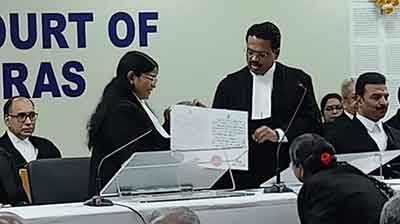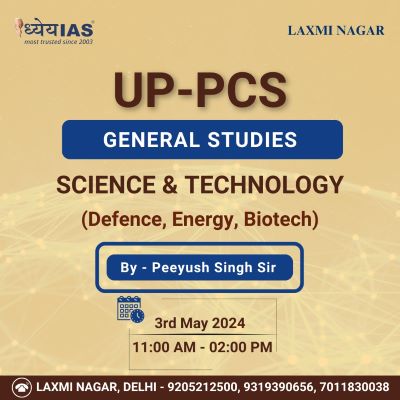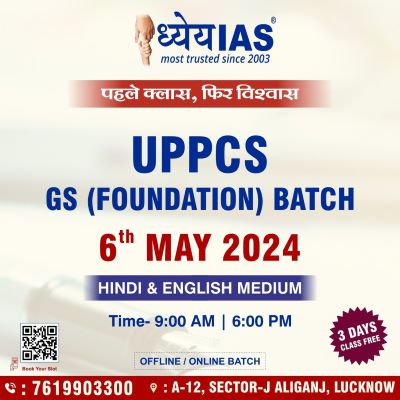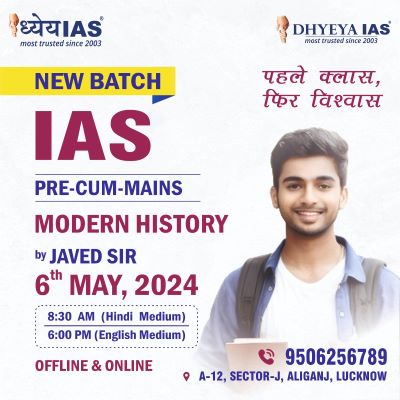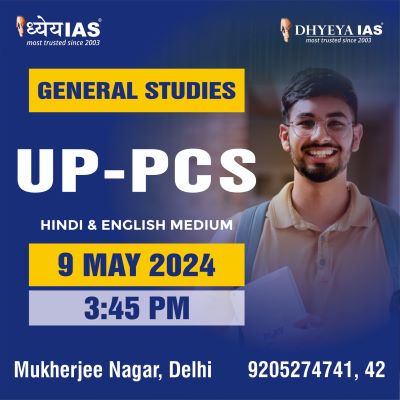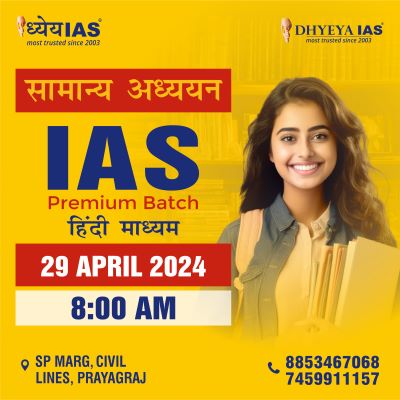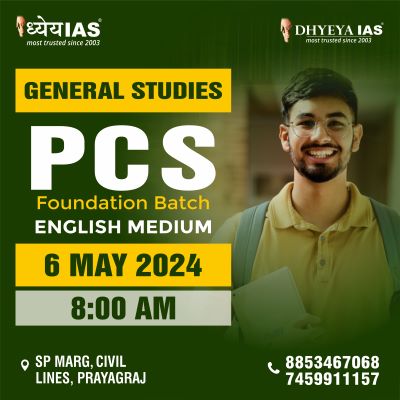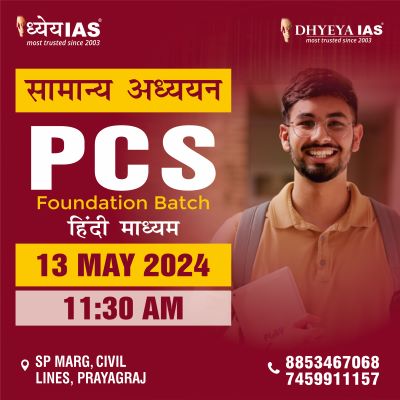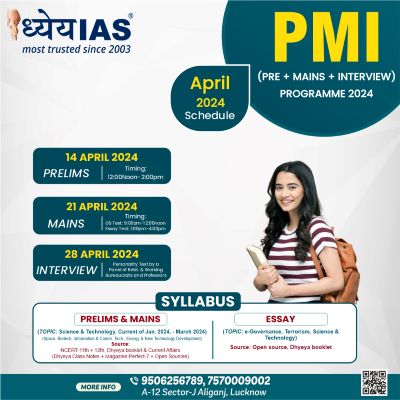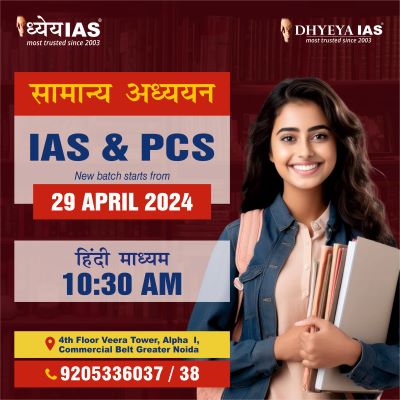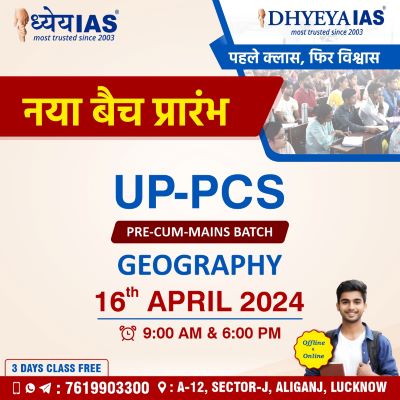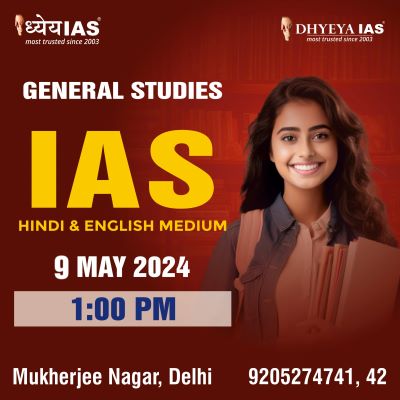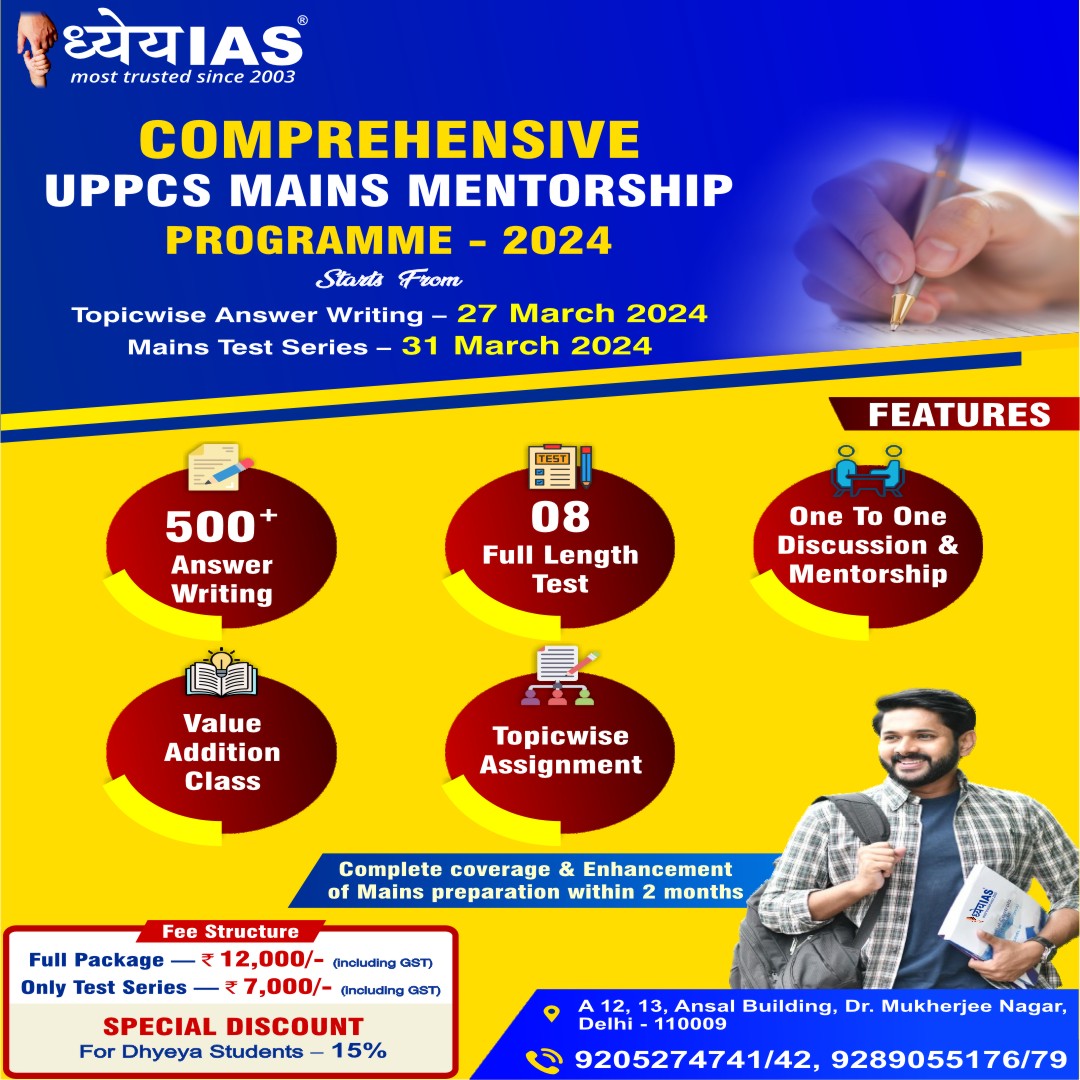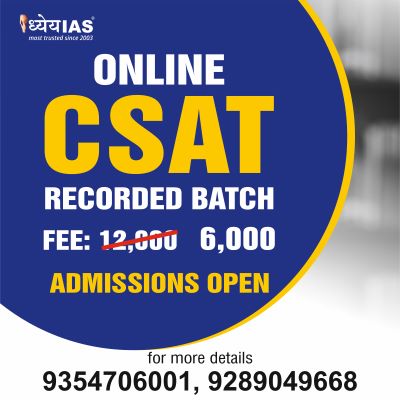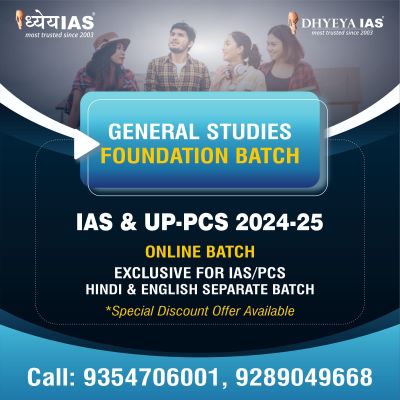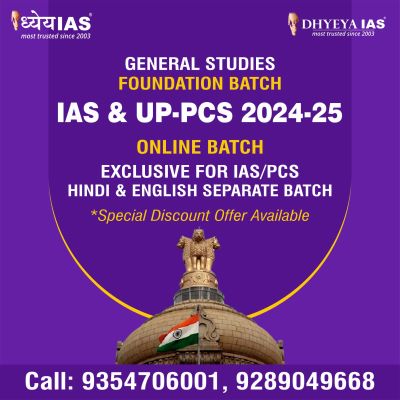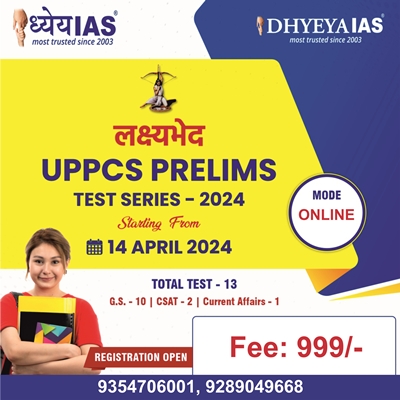Date: 15/02/2023
Relevance: GS-2: Structure, Organization and Functioning of the Judiciary; Powers, Functions and Responsibilities of various Constitutional Bodies; Transparency & Accountability.
Key Phrases: Supreme Court, Accountability, Judicial Independence, Democracy, Article 142 of the Indian Constitution, Jurisdictions, Advisory, RTI, Appointment, Centre-state disputes, Restatement of Values of Judicial Life, Kannadasan v. Ajoy Khose Case (2009), K.S. Haja Shareef Case (1983), S.P. Gupta v. Union of India Case (1981).
Context:
- In recent times, the Supreme Court witnessed unprecedented controversy over the appointment of L. Victoria Gowri as an additional judge of the Madras High Court.
Key Highlights:
- Two petitions were filed in the Supreme court seeking recall of
the recommendation, alleging that she made ‘hate speeches’ against
Christians and Muslims.
- The SC bench refused to interfere with Gowri’s appointment, saying that the political affiliation of a candidate or public expression of their views does not impact their work as a judge.
- Citing past judgments, the court also concluded that while it can look into the eligibility of a candidate, the question on their suitability is excluded from the purview of judicial review.
- Basic eligibility criteria for appointment to several high
constitutional offices are prescribed in the Constitution.
- Yet, many silent disqualifications operate.
- These are implied and read into the eligibility criteria by courts, solely guided by the objective of upholding the Constitution and the law and the integrity of the institution for which the functionary is chosen.
Oath taken by a Judge:
- The oath to be taken by a judge of a High Court under Schedule III of
the Constitution requires a declaration of allegiance to the
Constitution and performance of duties “without fear or favor, affection
or ill-will”.
- The appointee must also declare that He/She will “uphold” the Constitution and the laws.
- Such an oath is unique to the judges of the High Court and the Supreme Court, since they are the sentinels of the Constitution.
- The oath is a solemn assurance to the people that justice will be rendered without any bias.
Concerns with the Appointment:
- Does not a person who has shown religious bigotry become disabled from discharging the oath of office of a judge?
- Will such disability fall within the realm of mere suitability or essential eligibility?
Cases related to Appointment of Judge:
- N. Kannadasan v. Ajoy Khose Case (2009):
- In N. Kannadasan v. Ajoy Khose Case (2009) the SC declared “Eligibility of a judge of a High Court should not be construed in a pedantic manner”.
- In this case, An additional judge of the High Court, who was not appointed as a permanent judge due to allegations of lack of probity, was later recommended by the then Chief Justice of the Madras High Court for appointment as president of the State Consumer Commission.
- The appointment was declared illegal by the Supreme Court,
which held that an independent and impartial judiciary should be
manned by persons who dispense justice “without fear or favor, ill-will
or affection.”
- It held that a person who lacked the qualities necessary to adhere to the oath of office of a judge was ineligible for appointment to any judicial office.
- Therefore, the capacity to dispense justice in terms of constitutional oath was held to be non-negotiable.
- K.S. Haja Shareef Case (1983):
- Inability to adhere to the Constitution as per the oath
prescribed has been held to be a disqualification by a full Bench of
the Madras High Court in the case of K.S. Haja Shareef (1983), who,
after taking oath as a member of the Assembly to “bear true faith and
allegiance to the Constitution,” accepted appointment as Honorary Consul
General of Turkey at Madras.
- On such an appointment, he had agreed to abide by the directives of a foreign State.
- The court held that such a person cannot be expected to be a member of the Legislature since a conflict of interest between the two countries would arise and the constitutional oath would prevail to unseat him.
- Inability to adhere to the Constitution as per the oath
prescribed has been held to be a disqualification by a full Bench of
the Madras High Court in the case of K.S. Haja Shareef (1983), who,
after taking oath as a member of the Assembly to “bear true faith and
allegiance to the Constitution,” accepted appointment as Honorary Consul
General of Turkey at Madras.
- S.P. Gupta v. Union of India Case (1981):
- Faced with opacity in judicial appointments/ transfers, the Supreme Court in S.P. Gupta v. Union of India (1981) directed the Government and the Chief Justice of India (CJI) to disclose all the materials.
- The judges held that their constitutional duty demanded such scrutiny through judicial review.
- They also held that if on scrutiny it was found that all the materials were not before the CJI (now collegium), the consultation/ selection process is defective and invalid.
Jurisdictions of the Supreme Court
- Original Jurisdiction:
- The Supreme Court, as a federal court, hears cases involving the Indian Federation's various components.
- Writ Jurisdiction:
- It has the authority to grant writs such as habeas corpus, mandamus, prohibition, quo-warranto, and certiorari to vindicate an aggrieved citizen's fundamental rights.
- The Supreme Court's writ jurisdiction, however, is not exclusive. The High Courts also have the authority to issue writs to enforce Fundamental Rights.
- Appellate Jurisdiction:
- It is largely an appellate court that reviews appeals from lower court decisions.
- Advisory Jurisdiction:
- The President may seek the Supreme Court's opinion on two
types of issues under the Constitution (Article 143):
- any question of law or fact of public importance that has arisen or is likely to arise;
- On any pre-constitutional treaty, agreement, covenant, engagement, or other similar instruments that give rise to a dispute.
- The President may seek the Supreme Court's opinion on two
types of issues under the Constitution (Article 143):
Way Forward:
- The events leading up to the pronouncement of the Supreme Court
regarding the selection of Justice Victoria Gowri reveal the fault lines
between the government and the judiciary.
- The selection process came under a cloud once the CJI expressed in open court that materials now brought before the collegium were not available earlier.
- The collegium relies on the government’s agencies to produce
background materials of persons recommended to be judges.
- Transparency and accountability in the selection of judges alone will ensure an independent judiciary.
- The Preamble to the Constitution should permeate selection of every judge.
- Judicial accountability should be ensured by enacting a law on the lines of the American model.
- Lot of care needs to be exercised so that the anti-corruption measures taken do not undermine the independence of the judiciary.
Conclusion:
- Just as breach of the oath will result in removal, adherence to the Constitution should precede taking the oath of office.
Source: The Hindu
Mains Question:
Q. Maintaining the equilibrium between accountability and independence is necessary for public trust in the judicial system. In the light of the statement, suggest measures for a greater independent judiciary. (150 Words).

